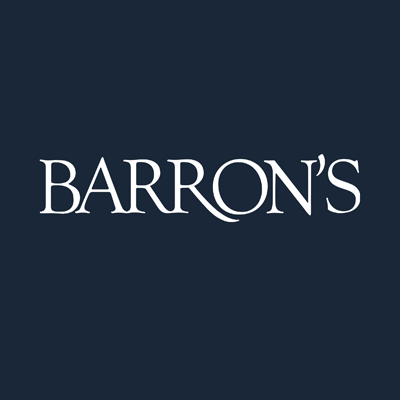France’s Prime Minister Sebastien Lecornu has resigned from the position, with both allies and adversaries threatening to topple his government just hours after he appointed a fresh cabinet.
Tag: France
France’s credit downgrade deepens political and economic woes, piling pressure on French President Emmanuel Macron and new Prime Minister Sébastien Lecornu.
France was thrown into further political chaos this week by the ousting of yet another prime minister after continued budget deadlock.
European stock markets retreated on Tuesday morning, pulled down by French equities as traders monitored the potential for a no confidence vote in the government next month.
Agence France Tresor, or AFT, said it will sell €300 billion in government bonds next year, net of buybacks. That’s in line with the forecast in the original plan announced in October, following €285 billion of sales this year.
French stocks led losses across European markets on Monday after a surprise ratings downgrade by Moody’s, while signs of easing strain on euro zone business activity failed to enthuse investors
Moody’s downgraded France’s credit rating on Saturday, saying that it expects the country’s incoming government to struggle to tackle its deficit.
President Emmanuel Macron has selected one of his earliest allies, the centrist politician François Bayrou, as prime minister in a bid to stabilise the political turmoil in France that has bogged down his second term.
French lawmakers will debate and vote on the no-confidence motions filed against the fragile government of Michel Barnier on Wednesday.
France’s far-right National Rally (RN) party threatened again on Monday to back a no-confidence vote over a budget dispute that could bring down Prime Minister Michel Barnier’s centre-right government within days.
French inflation quickened less than expected as confidence wanes, remaining well below the European Central Bank’s 2% target and supporting the case of interest rates to be lowered further.
Far right leader Marine Le Pen, who holds outsize leverage in France’s split parliament, gave Prime Minister Michel Barnier until Monday to accede to her budget demands before she decides whether to topple the government.
France’s government is hanging by a thread with the far-right National Rally party threatening to bring down Prime Minister Michel Barnier’s administration by the end of the year.
France is taking a small stake in Sanofi’s consumer healthcare business in order to quell a political backlash, as the pharmaceutical company presses ahead with a €16bn deal that would hand control of the unit to US private equity group Clayton Dubilier & Rice.
Harmonized consumer prices in the euro zone’s second-largest economy came in at 1.5% in September, down from 2.2% in August. The Harmonized Index of Consumer Prices (HICP) is adjusted for comparison with other euro zone countries.
French consumer prices rose 2.3 percent in July from a year earlier, a slight increase from June’s 2.2-percent rate, largely due to higher energy prices, state statistical institute Insee said Wednesday.
French stocks and bonds initially slipped on Monday but then turned after voters surprisingly rejected a far-right party that led in the first round of voting, as the eurozone’s second-largest economy looked set for possibly months of protracted negotiations for control of the country’s legislature.
France’s National Rally surged into the lead in the first round of legislative elections, according to results released early Monday, bringing the far-right party to the brink of power and dealing a major blow to President Emmanuel Macron’s centrists in an election that could set the country, and Europe, on a starkly different course.
The euro fell vs. the British pound on Monday after European political turmoil that saw France call an unexpected election and Belgium’s prime minister resign.
Although both are in contraction territory, sentiment in the German economy is more optimistic.










